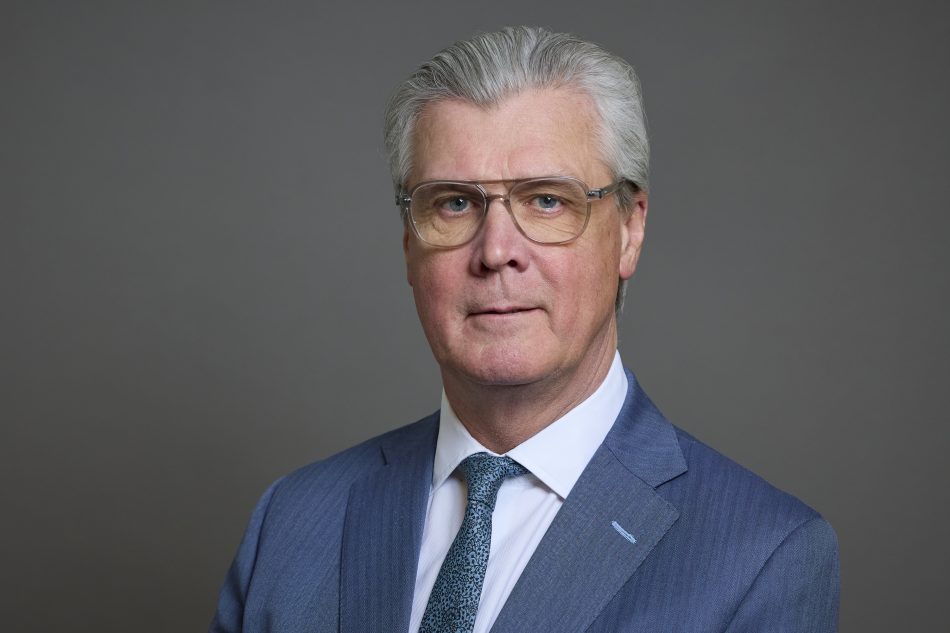As the Proms season enters the home straight, it’s moved up a gear, with a string of high profile European guest orchestras. First up was the Czech Philharmonic playing Suk’s Asrael Symphony under Jakub Hrusa before moving on to Janacek’s Glagolitic Mass the following night. These grand, glittering monuments of Czech music were garnished with a couple of relative rarities – Dvorak’s Piano Concerto, played by Mao Fujita, and the Military Sinfonietta, composed in 1937 by (the then 22-year-old) Vitezslava Kapralova, who died at the age of 25.
It’s unmistakably the work of a young composer. Xylophone? Bring it on
Kapralova’s composition is a captivating thing, starting out with fanfares and strutting march rhythms before proceeding to, well, pretty much anything you can imagine. It’s unmistakably the work of a young composer; there’s that gleeful, kid-in-a-toyshop energy, with ideas and colours flying in all directions. Xylophone? Bring it on. What if the violins played the main theme on harmonics? Only one way to find out! It’s the composer’s superabundant imagination, rather than any more formal process, that makes the Military Sinfonietta so compelling – and in the light of her unfulfilled promise, so poignant.
It certainly made a lively showcase for the sound of this great central European orchestra. It’s easy to fall back on national clichés when talking about an orchestra’s character: almost involuntarily, I found my head filling with notions of woodsmoke and afternoon sunlight as those mellow yet penetrating woodwinds carolled through veils of muted strings, with a solo violin glinting high above. Such lovely individual elements; sounds to roll over the palate, offsetting the sulphurous tang of the orchestra’s German-style rotary-valve trumpets (they switched to something a bit brighter for the Janacek).
But as conductors go, Hrusa is more of an intellectual than a hedonist, and I’d hoped to listen in depth to the group’s overall sound. That plan was thwarted by a ticket allocation (critics don’t always get the best seats) that placed me almost behind the orchestra, only an aisle away from the horn section and (in the Janacek) the flame-torch intensity of the women’s voices. There was no chance of hearing the big picture, though even from there it was impossible not to feel the hellfire fervour with which the tenor David Butt Philip hurled Janacek’s jagged shafts of Old Church Slavonic across the arena.
Or, for that matter, not to admire Fujita’s heroic efforts to get the Dvorak airborne. It’s possible to adore Dvorak – to feel (hands up) that you’d gladly swap all of Brahms and Schumann’s symphonies for a single movement of Dvorak’s Sixth – and still concede that his Piano Concerto doesn’t really work. The solo writing is inhibited; chained to the middle register and hobbled by melodies that feel more like preliminary doodles than finished, fertile themes. Poor Fujita: it can rarely have been played with such loving care. But there were no calls for encores.
Three nights later, Vikingur Olafsson, Kirill Petrenko and the Berlin Philharmonic played Schumann’s Piano Concerto, and demonstrated what was lacking. Perhaps it’s easier for a pianist-composer such as Schumann to fit an orchestral frame around a solo piano than it is for a basically orchestral imagination (like Dvorak’s) to find something meaningful for a piano to do, but Olafsson certainly didn’t go out of his way to sell the Schumann. There were none of the expected seduction techniques – no melting softness, no sudden bravura flashes. Along with Petrenko and the orchestra – whose little drum-and-trumpet tuckets had a baroque springiness – he approached it like Bach, with the poetry (such as there was) emerging from brisk, probing counterpoint.
Here it really was possible to hear the sonic personality of the orchestra, and under Petrenko that famous Berlin solidity and depth (built on a bedrock of basses and timpani) has become even more focussed, even more centred and – on an expressive level – even more inward. Petrenko is famously inscrutable off the podium and for much of this concert it felt like we were eavesdropping on a two-way conversation between conductor and orchestra: as if the audience was not even present in the room.
How would that introversion affect Smetana’s famously outgoing Ma vlast (the second half of the Berlin Prom)? You almost never hear this work performed without the involvement of Czech artists; but it turns out that Wagner-accented Smetana has something rather striking to say. To hear the opening ‘Vysehrad’ chorale shaped as part of a dark, lyrical texture rather than carved out and plonked before us as a nationalist artefact opened up all sorts of emotional possibilities – not least, an undertow of tragedy.
Petrenko’s seriousness was infectious; in particular there was none of the silly, performative inter-movement clapping that has become such a fad at the Proms. Neither of these superb concerts were televised, though on the night of the Berlin Philharmonic performance, BBC2 did broadcast July’s Disco Prom. So that’s all right then.








Comments